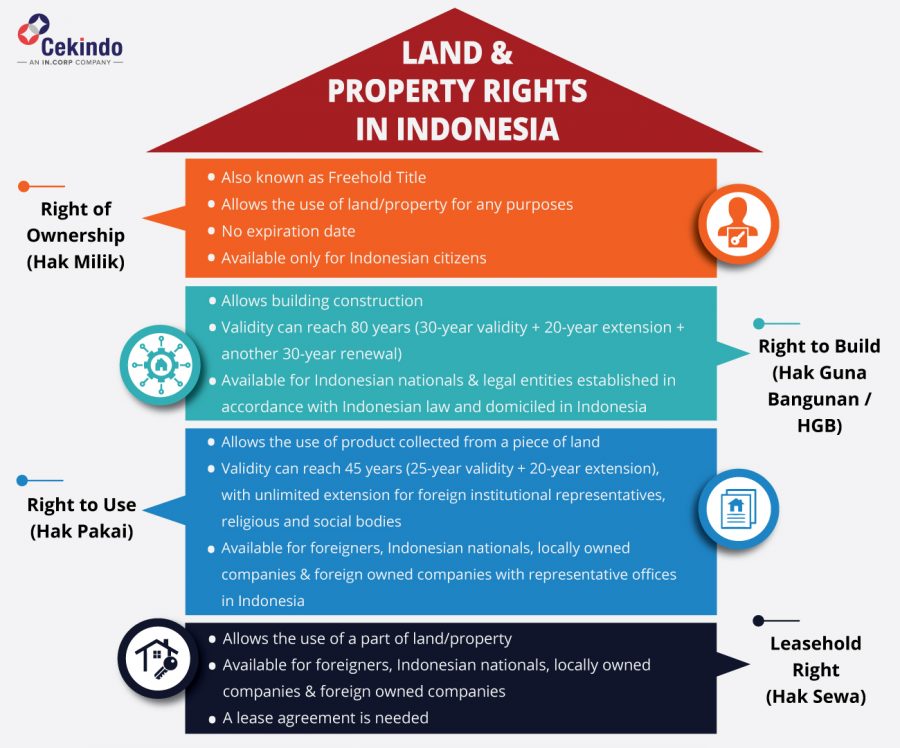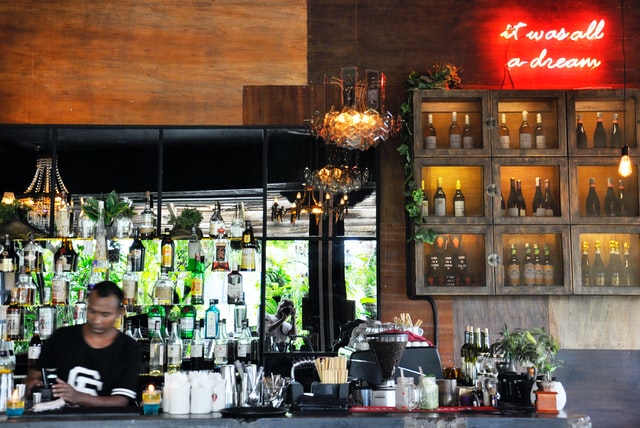Indonesia has been gaining strong visibility on the international travellers’ map with constant growth over the past years.
The number of foreign tourist arrivals increased by approximately six percent from 2018 to 2019. The COVID-19 crisis hit the hospitality industry hard. However, with the “new normal” approach, the industry is slowly but surely recovering from the crisis.
The comeback of domestic travel is highly anticipated, especially with strong support from the Indonesian government. Local travellers can enjoy discounts. Incentives are given to travel agencies and airlines. Hotels and restaurants in certain destinations are eligible for tax waivers.
In addition to the COVID-19-related incentives, the Indonesian government has implemented numerous plans, including easing the restrictions for the visa (a visa-free travel policy for 169 countries) and foreign investments.
Furthermore, the “10 New Bali” project is also underway, aiming to target ten places all over Indonesia, namely Lombok Mandalika, Lake Toba in North Sumatra, the Thousand Islands in Jakarta, Tanjung Lesung in Banten, Mount Bromo in East Java, Borobudur in Central Java, Wakatobi in South Sulawesi, Labuan Bajo in East Nusa Tenggara, Tanjung Kelayang Beach in Bangka Belitung and Morotai Island in North Maluku, to be attractive tourist destinations that are just as popular as Bali.
POTENTIAL SECTORS TO DIVE INTO
The hospitality industry in Indonesia comprises many sectors. We have selected several potential sectors that are worth diving into for foreign investors.
- Accommodation
Now is a good time to start an accommodation business in Indonesia, mainly because property prices are experiencing a sharp decrease of between 20 and 50 percent in many areas in Indonesia, particularly in Bali.
To start, foreign investors are required to secure an accommodation licence and a building permit. Depending on the accommodation type and the number of rooms, there are several types of accommodation licences, but the most frequent ones are homestay, hotel and villa licences.
To rent out an Airbnb villa that has between three to five rooms with a land size of less than 1,000 m2, a homestay licence known as Pondok Wisata Licence is required. This option is open only to solo entrepreneurs. For villas or rental properties with more than five rooms with a land size of more than 1,000 m2, a Villa Licence would be required instead.
Foreigners who want to have 100 percent foreign ownership can choose to open a hotel (three-star, four-star or five-star hotel) or a villa. The right accommodation licence for a hotel is a Starred Hotel Licence. It may also be necessary to secure other licences such as an environmental licence, a sanitation licence and an alcohol licence (SIUP-MB).
- Retreat
Retreats are particularly popular in a tourist-packed destination like Bali. Yoga, health and wellness, luxury and outdoor retreats are the most common ones.
To organise a retreat in Bali, foreign investors are required to have a company established in Bali. Once established, the company needs to obtain a business licence. Furthermore, an Indonesia temporary stay permit known as KITAS or ITAS is required as well for foreign workers or the foreign director.
- Culinary
Starting a culinary business is a dream of many. Opening a restaurant or a coffee shop allows 100 percent foreign ownership in Indonesia. After completing the company registration process, foreign investors need to obtain a Tourism Licence (TDUP) and additional Licences (if necessary) such as SIUP-MB and Business Identification Number for Excise (NPPBKC).
COMPANY REGISTRATION OPTIONS FOR BUYING PROPERTY OR LAND IN INDONESIA
There are two possible entity options for foreigners who are interested in buying property or land in Indonesia: Foreign Owned Company (PT PMA) or Locally Owned Company (PT).
- Foreign Owned Company (PT PMA)
Establishing a PT PMA allows foreigners to secure the HGB. The name of a foreign-owned company will be stated in the land certificate. The main advantages of establishing a PT PMA include fully protected ownership through a legal agreement, permission to construct property and income earning through selling or renting the property.
- Locally Owned Company (PT)
As mentioned, the Freehold Title can only be granted to Indonesian nationals. Foreigners wishing to secure a Freehold Title for land or property need to set up a PT instead.
Foreign individuals who are not interested in setting up a PT PMA or a PT in Indonesia but want to own property can secure the Leasehold Right. The property can then be used for commercial purposes, such as starting an accommodation business, a restaurant business or a retreat business, with the right Licence.
PT PMA and PT are also the options available to start a hospitality business. Business activities that allow 100 percent foreign ownership can be run after the establishment of a PT PMA. Business activities that are partially or fully closed to foreign ownership can be run after the establishment of a PT.
BUILDING PERMIT IN INDONESIA
Building Permit (IMB) is a building registration document that states the purpose of a building, either for commercial or residential purposes. IMB is used not only for building construction at the beginning but also throughout the entire period.
All buildings in Indonesia are required to secure an IMB. Whether buying or renting, ensuring that the proper use of the building is in accordance with the written objectives on the IMB is a must.
To secure an IMB, these documents must be prepared: a land certificate, plot permit (izin kavling), building drawings, correct land zoning, signed permission from owners of neighbouring buildings, and service and structural drawings.
CONSULT WITH SPECIALISTS
Starting a hospitality business in Indonesia will certainly be an exciting and rewarding journey. However, without a seamless start, it can be difficult to proceed to the next step. This is when consultation with business incorporation specialists in Indonesia comes into play.
Complying with local regulations of company establishment, permit and right acquisition, among others, may be challenging to foreign investors. For a step-by-step guide, consult a reliable business consultant for free on https://go.cekindo.com/hospitality-business.
As part of InCorp Group in Singapore, Cekindo is a leading consulting company in Indonesia and Vietnam providing integrated market-entry and corporate services. Become one of our satisfied clients, jumpstart your business now.




